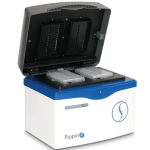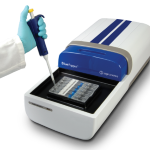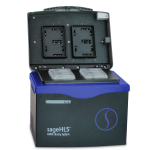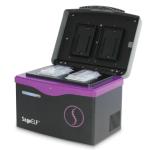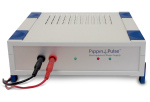 We can’t wait for ASMS, the annual meeting of the American Society for Mass Spectrometry. This year, the mega event will be held in St. Louis from May 31st to June 4th and our team will be on the scene again.
We can’t wait for ASMS, the annual meeting of the American Society for Mass Spectrometry. This year, the mega event will be held in St. Louis from May 31st to June 4th and our team will be on the scene again.
What we enjoy most about ASMS is the creativity. Proteomic experts aren’t ones to be limited by technology, so ASMS is a great showcase of home-brew options — protocols, pipelines, and even bootstrapped instruments that allow scientists to interrogate proteins and peptides in inventive ways. The award lectures underscore this as well. This year’s awardees are pioneers in the field who found new ways to analyze protein structure and mass spec data: Brian Chait from Rockefeller University and Mike MacCoss from the University of Washington. We’re looking forward to both of their talks, as well as many great tech sessions throughout the meeting.
This year’s ASMS is a big one for our SageELF protein fractionation tool. The device performs automated 1D fractionation of proteins, generating 12 size fractions. SageELF reduces complexity of a sample and increases sensitivity for detecting lower-abundance proteins. We’ll be accepting new labs into our Early Access Program for the instrument — just stop by booth #16 to find out more.
Two ASMS posters demonstrate the utility of SageELF for protein quantification and analysis. Poster ThP 339, “Total protein profiling employing a novel protein fractionation method combined with tandem mass tag labeling,” reports the results of a collaborative effort between scientists from Cell Signaling Technology and our company. In it, we compared mass spec workflows using tandem mass tag labeling with and without automated fractionation on the SageELF using human gastric carcinoma cells. A separate poster (ThP 596, “Enhanced detection of host-cell proteins in biotherapeutic preparations using preparative electrophoresis followed by LC – Ion Mobility – MS”) comes from our team and researchers at Waters Corporation. The poster shows results from an investigation of whether automated protein fractionation boosts sensitivity of detection for host-cell proteins in biotherapeutics. The team used a murine monoclonal antibody with SageELF for preparative fractionation; analysis was performed with 1D nanoflow chromatography paired with a Waters SYNAPT G2-Si HDMS mass spectrometer.
We hope to see you there!
